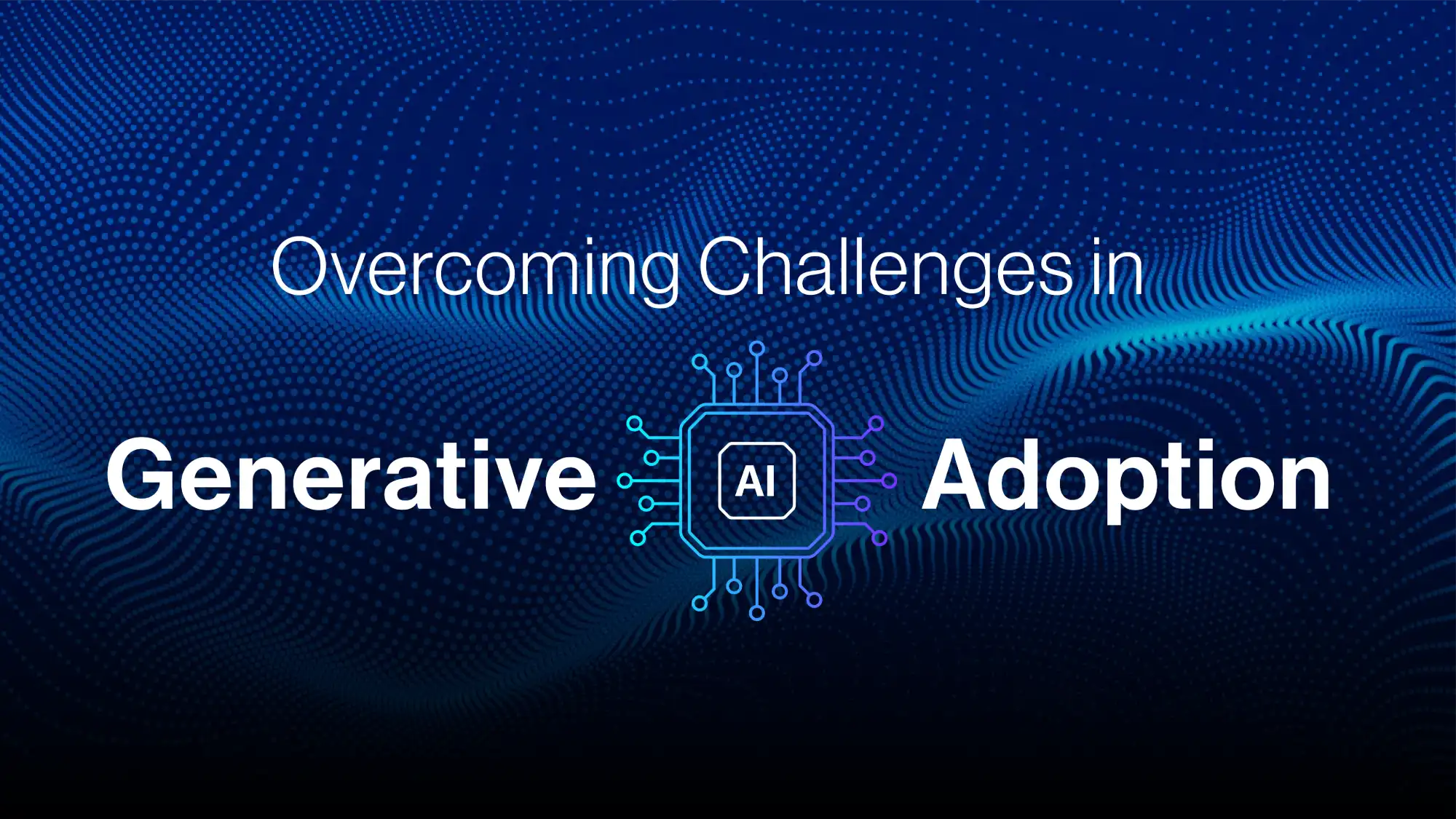The rise of generative AI, particularly with the introduction of advanced models like OpenAI's GPT-4o, presents transformative opportunities for businesses. However, the adoption of generative AI is not without its challenges. Organizations must proactively address these hurdles to unlock the full potential of this technology and ensure its responsible and ethical use.
- Data Privacy and Security: Generative AI models often require access to vast amounts of data to train and function effectively. This raises concerns about the privacy and security of sensitive information. To mitigate these risks, businesses must implement robust data governance practices, including data anonymization, encryption, and access controls. It's crucial to prioritize transparency and obtain user consent when collecting and using data for AI purposes.
- Bias and Fairness: AI models can inadvertently perpetuate or amplify biases present in their training data. This can lead to discriminatory outcomes and erode trust in AI systems. To address this challenge, organizations must carefully curate and diversify training data, regularly audit AI models for bias, and implement bias mitigation techniques. It's essential to involve diverse stakeholders in the development and deployment of AI systems to ensure fairness and inclusivity.
- Transparency and Explainability: The "black box" nature of some AI models can make it difficult to understand how they arrive at their decisions. This lack of transparency can hinder trust and raise concerns about accountability. To overcome this challenge, businesses should prioritize the use of explainable AI (XAI) techniques that provide insights into the reasoning behind AI-generated outputs. Additionally, clear communication about how AI is used and its potential impact can help build trust with users and stakeholders.
- Hallucinations: Generative AI models, while impressive, can sometimes produce outputs that are factually incorrect or nonsensical. These "hallucinations" can undermine the credibility of AI-generated content and lead to misinformation. To address this, organizations should invest in robust fact-checking mechanisms, combine AI with human oversight, and clearly communicate the limitations of AI-generated content to users.
- Integration and Scalability: Integrating generative AI into existing workflows and systems can be complex. Ensuring scalability to meet growing demands is another challenge. To overcome these hurdles, businesses should adopt a phased approach to implementation, starting with pilot projects and gradually scaling up as needed. Collaboration between IT, data science, and business teams is crucial for successful integration and scalability.
- Cost and Resource Management: Developing and deploying generative AI models can be resource-intensive, requiring significant computational power and skilled personnel. Organizations need to carefully assess the costs and benefits of AI adoption, optimize resource allocation, and explore cost-effective solutions such as cloud-based AI services.
By proactively addressing these challenges, businesses can harness the transformative power of generative AI while ensuring its responsible and ethical use. At Blueriver, we specialize in helping organizations navigate the complexities of AI adoption and develop strategies to overcome these challenges. Our team of experts can guide you through the entire process, from data preparation and model selection to implementation, monitoring, and continuous improvement. Contact us today to learn more about how we can help you unlock the full potential of generative AI for your business.
